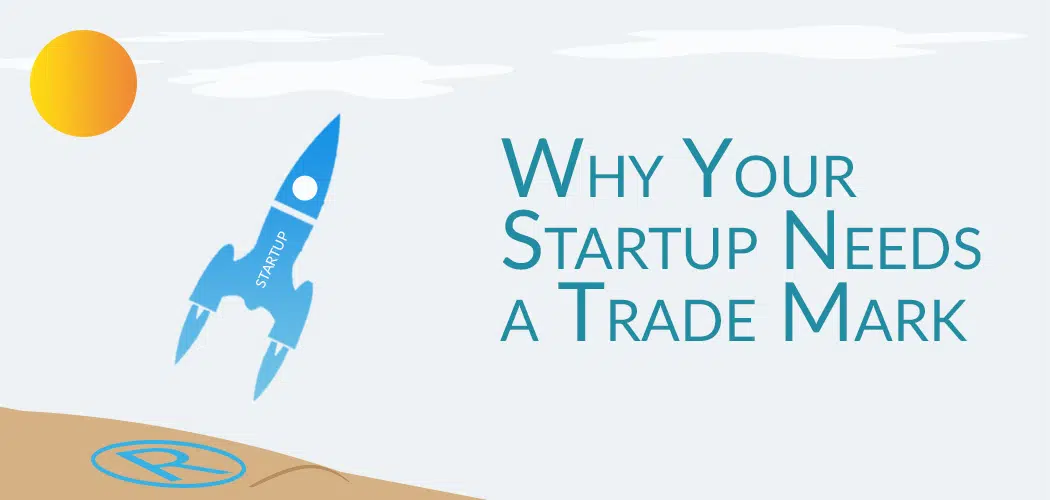It’s hardly easy being a startup. There’s lots of competition and resources can be limited. But shouldn’t you be looking ahead and registering your trade mark? When you’re a startup, much of your time can be spent fine-tuning your product and perfecting your pricing. With so many things to juggle, it can be hard to turn your attention to your branding. But we all know that a well-known, well-loved brand is one of the most powerful business tools you can have.
Protecting your valuable assets
Just because you’re a new startup, it doesn’t mean that you don’t have valuable assets that need protecting. As soon as you are planning to invest in your branding and marketing, then your trade mark should be a priority. If you don’t protect your brand name (or it transpires that you have infringed someone else’s) then you may have to change your company name or trade mark further on down the line, which can be very damaging for business.
Everything you do as a startup is investing in your company’s name and goodwill. Registering a trade mark shows that you really believe you have something valuable and a reputation worth protecting. Registering a trade mark can also help you attract new investment. Potential investors will check if the company has a trade mark before they commit to you; having a trade mark shows you are serious and ambitious about the reach of your product or service.
Saving your startup from ‘trade mark trolls’
Registering a trade mark early in your business life also prevents you falling prey to ‘trade mark trolls‘. Trade mark trolls register a trade mark with no real intention of trading under it, but simply using the trade mark as leverage and a bartering tool to gain money from other companies. It is effectively trade mark squatting. If you fall victim to a trademark troll who is found to be acting in bad faith, you might not be forced change your name, but the legal fees can be very costly indeed. Startups and small-to-medium business are those most often targeted by trade mark trolls, and the cost of legal is fees is much more painful when relative to a small revenue. Prevalence of trade mark trolling is going up, with the cases in the US totalling 1401 in 2005, but jumping to 5842 in 2011, so now is a good time to protect your brand.
Having a unique brand name
Trade mark problems are not always so insidious. Sometimes, you might find that trade mark infringement can be totally incidental. Startups can have lots of competition. Make sure you’ve done your research and you’re not competing for brand name or identity, or you could be infringing on someone else’s trade mark by accident. In a business world with lots of competitors, it’s best to have a marketable brand that is unique to you. By registering a trade mark, you’ll create a distinct brand that is legally protected that ensures no other copycat startups exist. Remember that an unregistered trade mark, owning a URL or only registering a company name won’t give full protection to your brand against copycats.
What should you register as a trade mark?
There’s a number of things you should do as a startup before filing a trade mark registration. First, consider the part of your branding that you’d like to trade mark. Most usually, this will be your brand name, but it could be your logo, tagline or jingle. Once you’ve picked your distinctive element, run some checks to assure that no other companies are using the trade mark you want to sell their goods or services. Even if your mark is accidentally similar to another trade mark, you could run into legal trouble. Once your search has come back clean, you’re ready to file a trade mark registration claim.
Filing a trade mark can take some time, so you should start early in order to be protected effectively. The process of registering a trade mark generally asks for evidence from you about how you’re using the mark, though it’s not always a requirement. In many markets, if you don’t use a trade mark within 3 years you might not be able to retain it. Ideally, you’ll already have a fantastic product and a strong brand that’s ready to go onto the market within 3 years. Starting a new company is an exciting time when all creative cylinders are firing, so why not dream big and register a trade mark?

